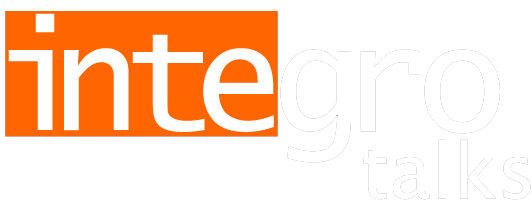In the rapidly evolving landscape of cannabis banking, ensuring compliance and managing risks are paramount for financial institutions seeking to bank these customers. One crucial aspect of this process is due diligence, which plays a pivotal role in mitigating potential risks and maintaining regulatory adherence. From customer onboarding to ongoing monitoring, the implementation of thorough due diligence processes is essential for navigating the complexities of serving marijuana-related businesses or MRBs.
Tyler Beuerlein, Chief Strategic Business Development Officer at Safe Harbor Financial, a leading fintech company serving this space, emphasizes the significance of due diligence in cannabis banking in a recent podcast episode of Integro Talks.
“Diligence is not just about checking boxes; it’s about truly understanding the risks involved and taking proactive measures to mitigate them,” said Beuerlein.
Customer onboarding is a critical phase where due diligence processes begin. Financial institutions must gather comprehensive information about their cannabis-related clients, including their business structure, ownership, operational practices, and compliance history.
“Customer onboarding sets the foundation for a strong relationship between financial institutions and cannabis-related businesses,” Beuerlein remarked. “By conducting robust due diligence at this stage, banks can identify any red flags or compliance issues early on and take proactive steps to address them.”
However, due diligence in cannabis banking doesn’t stop at customer onboarding; it extends to ongoing monitoring and periodic reviews. Continuous monitoring allows financial institutions to stay vigilant against evolving risks and changes in their clients’ business operations.
“Ongoing monitoring is crucial for maintaining compliance and mitigating risks in cannabis banking,” Beuerlein emphasized. “Financial institutions need to implement robust monitoring systems that track transactions, assess customer behavior, and identify any anomalies that may indicate illicit activities.”
Exploring best practices and strategies for conducting effective due diligence is essential in this evolving industry. Financial institutions should prioritize the following approaches:
- Risk-Based Approach: Tailor due diligence processes based on the level of risk associated with each cannabis-related client. Allocate resources efficiently by focusing more intensive due diligence efforts on high-risk entities.
- Enhanced Data Analytics: Leverage advanced data analytics tools to analyze transaction patterns, detect unusual activities, and identify potential compliance issues promptly.
- Cross-Functional Collaboration: Foster collaboration between compliance, risk management, and business units to ensure comprehensive due diligence practices. Effective communication and coordination among different departments are essential for holistic risk management.
- Regular Training and Education: Provide ongoing training and education to employees involved in due diligence processes. Equip staff with the knowledge and skills necessary to navigate the complexities of cannabis banking regulations effectively.
- Adaptability and Flexibility: Stay abreast of regulatory changes and industry developments to adapt due diligence practices accordingly. Flexibility is key in responding to evolving compliance requirements and emerging risks in the cannabis banking sector.
Implementing effective due diligence practices requires a comprehensive understanding of the regulatory framework governing cannabis banking.
“As regulations evolve, financial institutions need to adapt their due diligence practices accordingly,” Beuerlein noted. “By staying informed about regulatory changes and updating their processes accordingly, banks can mitigate compliance risks and maintain a strong foothold in the cannabis banking industry.”
Due diligence plays a vital role in ensuring compliance and managing risks in cannabis banking. By implementing robust due diligence processes, financial institutions can mitigate regulatory and operational risks, build trust with cannabis-related clients, and navigate the complexities of this dynamic industry effectively. As the cannabis banking landscape continues to evolve, prioritizing due diligence remains essential for sustainable growth and long-term success.
To delve deeper into this crucial topic and gain further insights from industry experts like Tyler Beuerlein, tune in to the Integro Talks podcast. Visit Integro Talks to listen to the full episode and stay informed about the latest developments in compliance, and risk management.










0 Comments